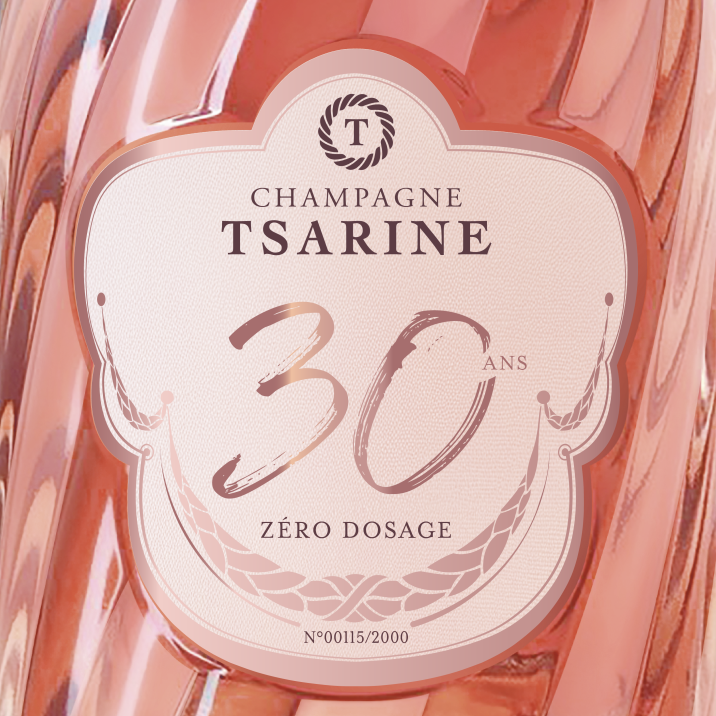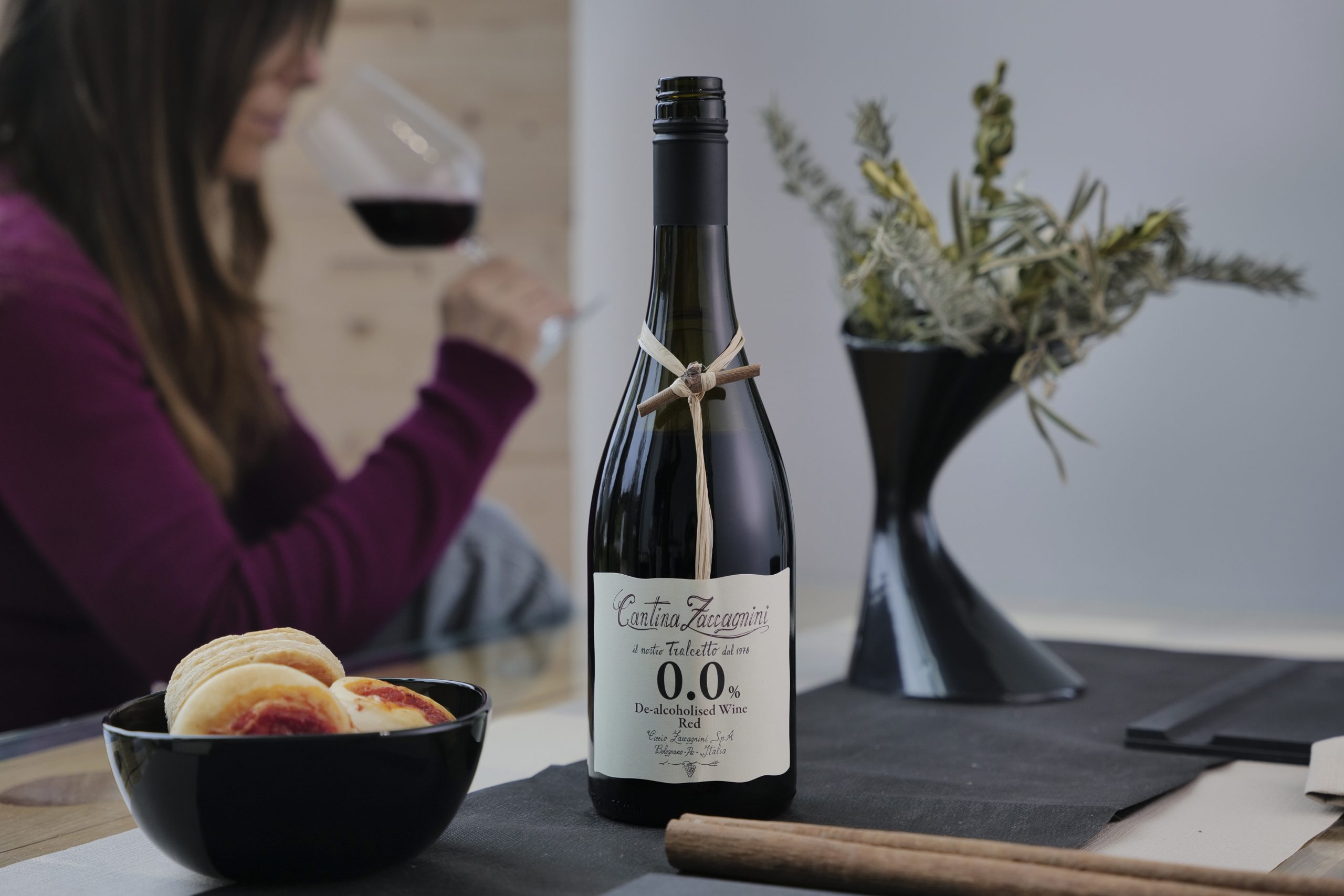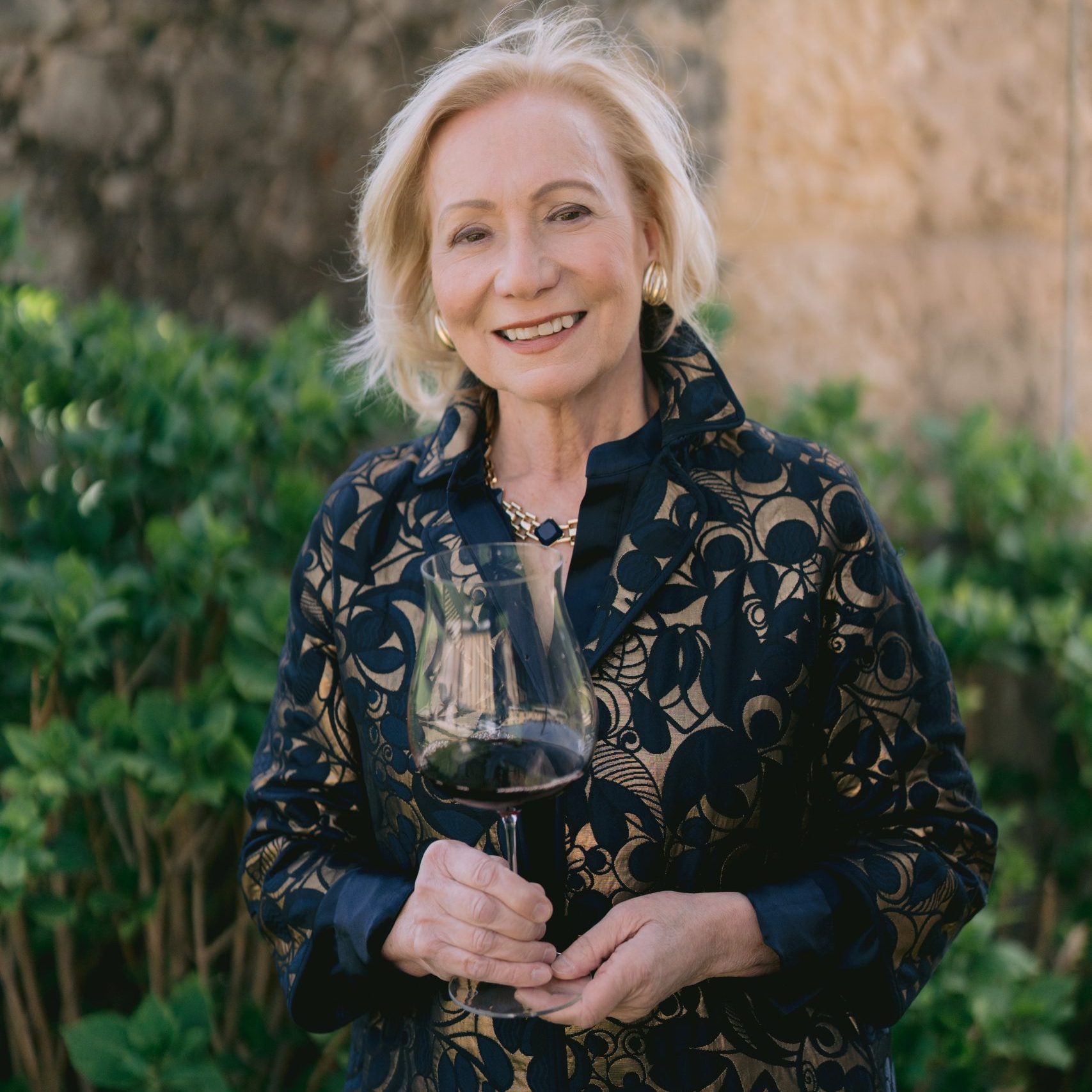Accolade UK revenues tumble by £104 million
Accolade UK saw its revenues tumble by nearly £104 million with operating profit down £10 million in the year to 30 June 2016, according to consolidated financial accounts filed at Companies House.
The losses at UK group Accolade Wines Holdings Europe Limited came despite a boost in profit from the disposal of the Matthew Clark business to Conviviality for around £80.1 million in September 2015. This boosted the company’s profit before tax to around £100.9 million, it said, however the figures show that excluding the profit from the disposal, profits from ongoing operations declined by around £16 million to £20.8 million, down from £36.8 million in 2015.
Revenue was down from £617.7 million in 2015, to £513.1 in 2016, with operating profit also hit, falling from £32 million in 2015 to £21.8 million in 2016.
The report filed at Companies House said the company “continued to operate in a highly competitive trading environment, which had resulted in the reduction in revenue and operating profit,” but that the directors were satisfied the results were in line with expectations. They added that free cash flow saw an outflow (money paid out by an organization as a result of its operating activities, investment activities, and financing activities) of around £18.1m, compared to an inflow of £57.4 million last year.
The group is the largest wine business in the UK with brands including Hardys, Kumala, Banrock Station, Mud House, Geyser Peak and Echo Falls. In September 2015, it acquired Accolade Wines Chile SpA for £12.8m, (formerly Agricola y Foresto Arco Iris SA) bringing Chilean wine brand Viña Anakena into its portfolio.
Speaking to db last summer, Nielsen’s then senior client manager Marc Aston said Accolade’s Hardys brand had been affected by the decision of the multiple retailers to cut lines the previous year and adopt EDLP (every day low pricing), in place of promotional discounting.
“For a brand like Hardys, it would have hit because they were reliant on the mark-down price. Without that, some lesser-known brands [were] coming in and stealing some limelight,” Aston told db in July, adding that they had recovered in the second quarter after adopting more of an “aggressive approach” to bring it back to “a level playing field”.
Partner Content
It has been a tempestuous year for the company’s Australian’s parent company, after its owners, private equity group Champ PE announced it was launching an IPO bid last year, only to halt the plans last month. Confirming the news to Australian newspaper the Australian Financial Review in March, John Haddock, chief executive of Champ PE said there were a range of factors behind the decision, but added that the company was “adjusting” to the changing UK market, which has been hit by Brexit-related currency headwinds. However the exchange rate fluctuations largely occurred outside the reporting period of the UK results filed at Companies House last week.
“The fall in the pound makes it much harder for exporters selling into the UK, who must sacrifice margins to stay competitive on the shelves of supermarket retailers,” Haddock told the Australian paper last month.
Last week the company announced Jim Anderson, managing director of Accolade’s private equity owners Champ PE and an Accolade director for four years, would become the Australian’ company’s new CEO, taking over from Michael East. East, who took on the role last September after Paul Schaafsma’s surprise exit from the business, said he had brought forward his retirement in light of the changes of plan regarding the IPO launch.
Accolade’s UK office has also seen recent staffing changes, with Ade McKeon announced last month as the general manger for the UK and Ireland, replacing outgoing general manager Rob Harrison. Harrison took over the UK role in December 2015, shortly after Paul Schaafsma moved to Australia to head up the company as CEO.





Not a lot of sympathy for Accollade Net profit is boosted by paying around $2 million less than all other buyers of grapes in the market . They have gotten away with it again in2017. No wonder the market though that the IPO was overpriced.